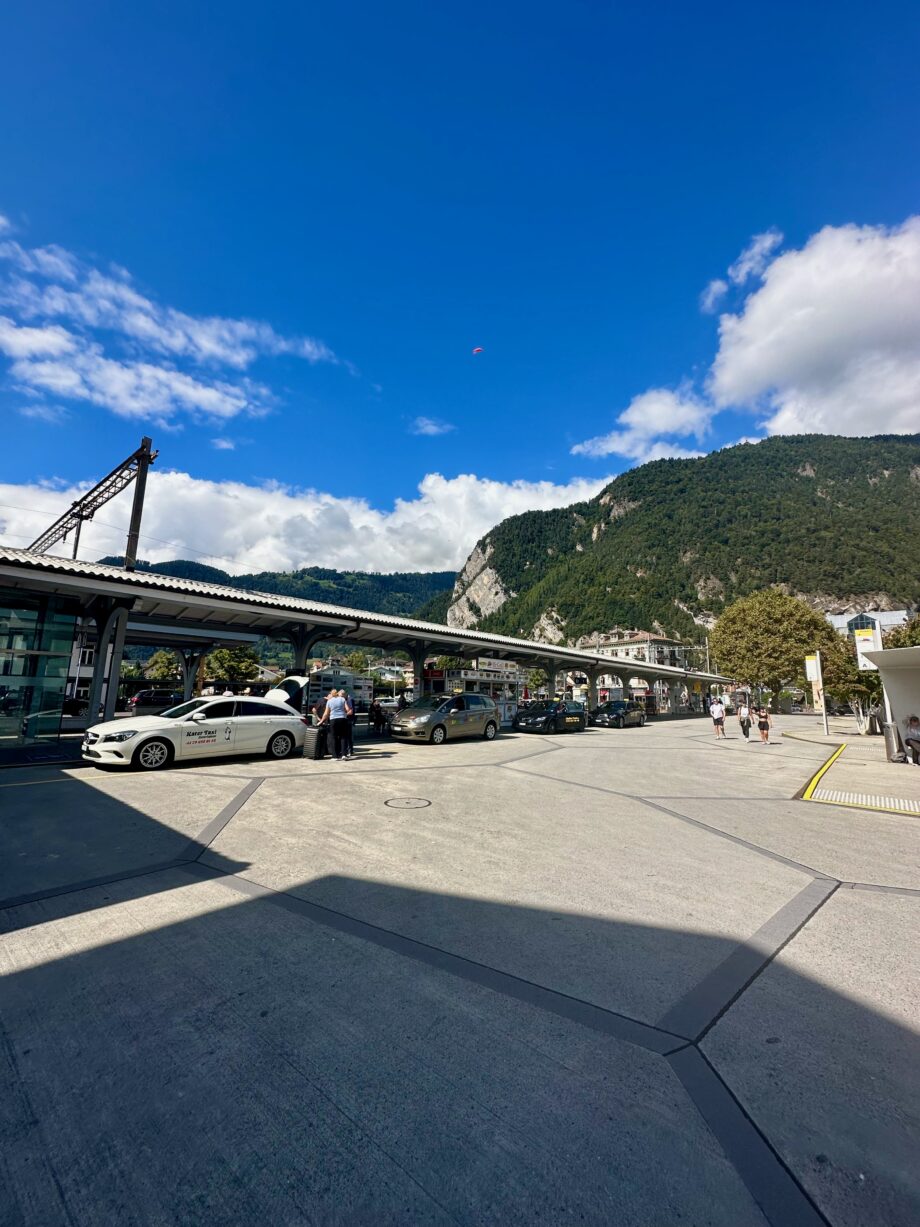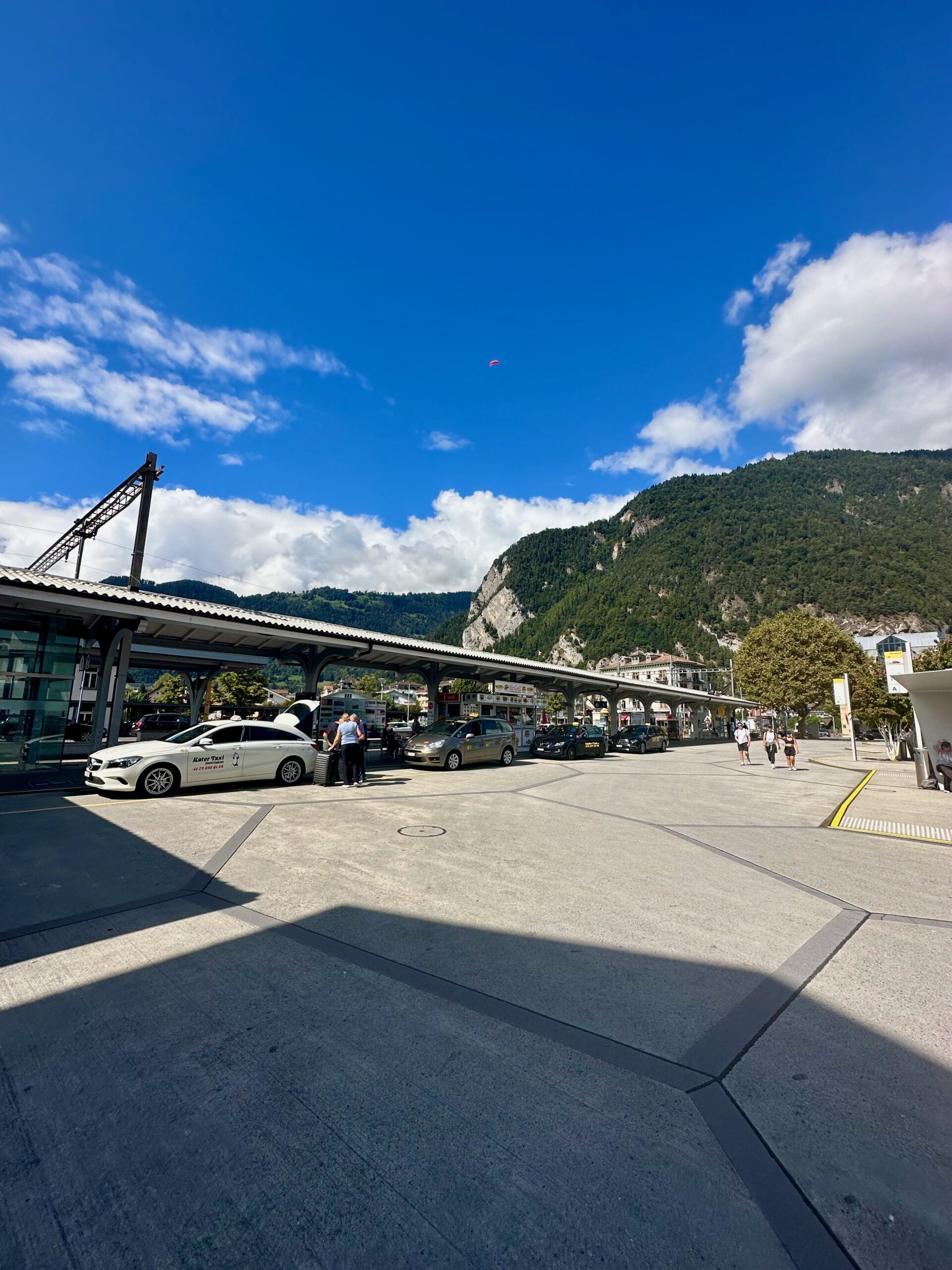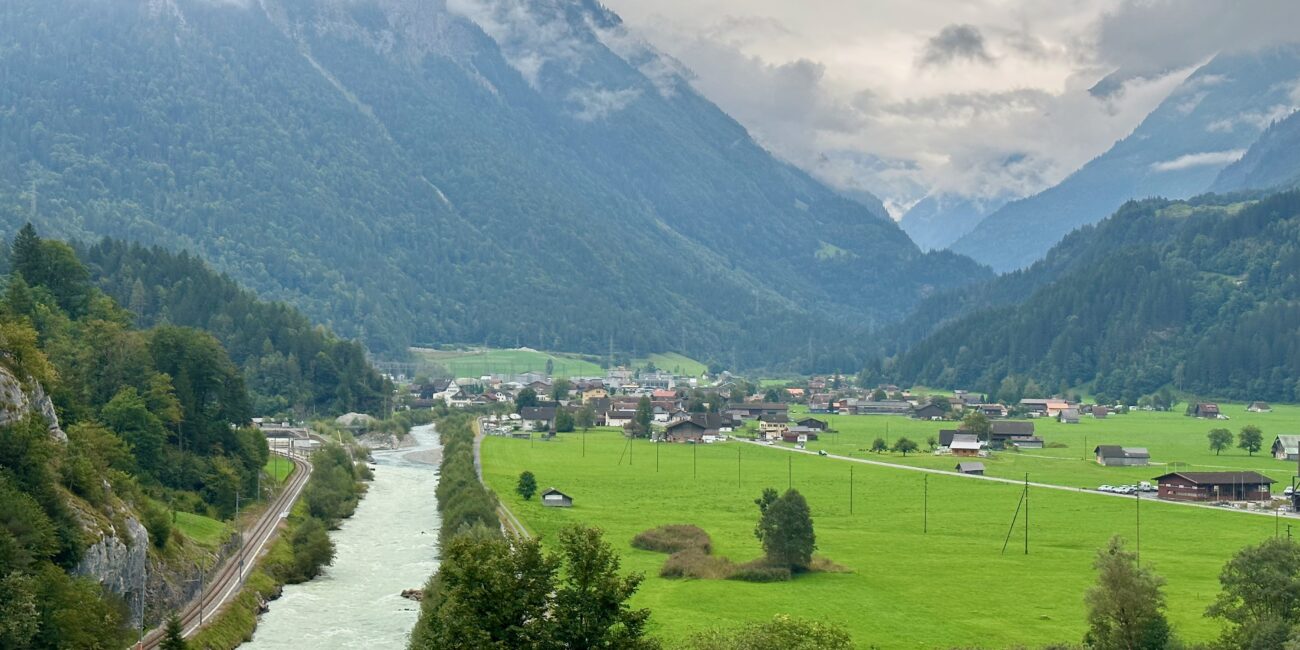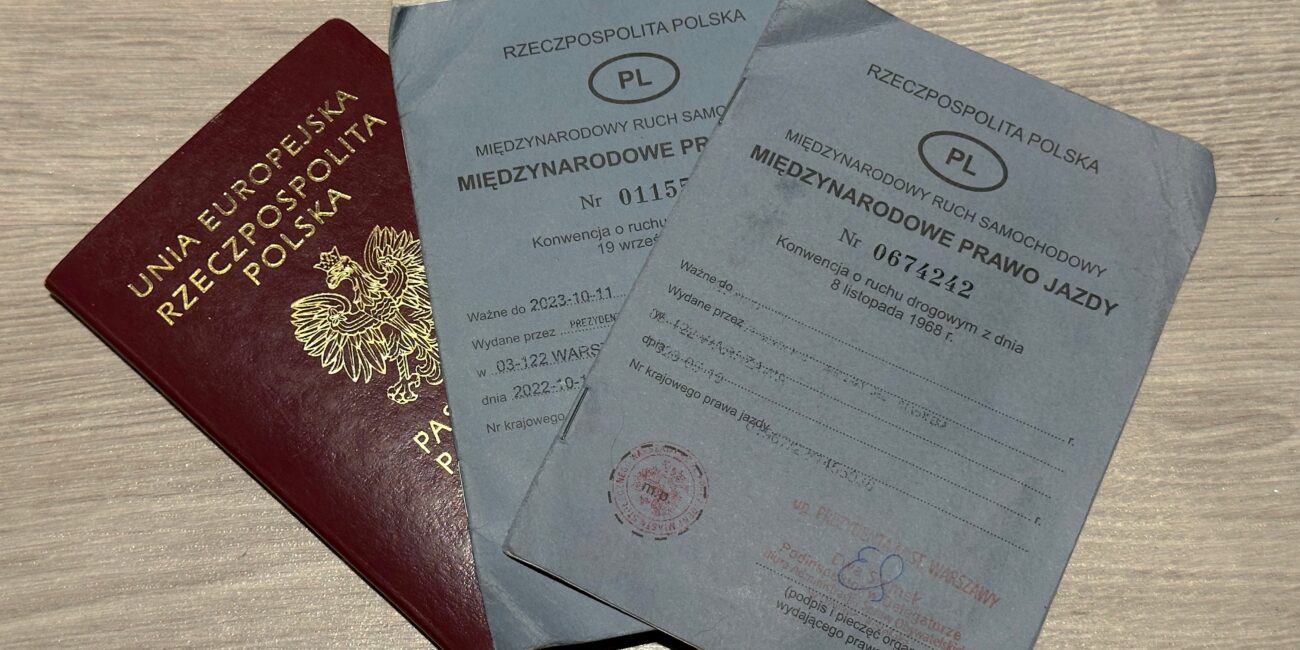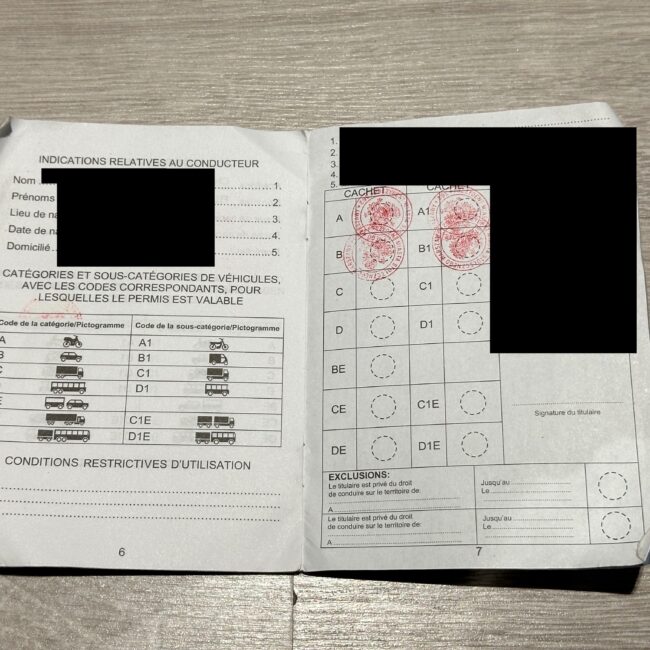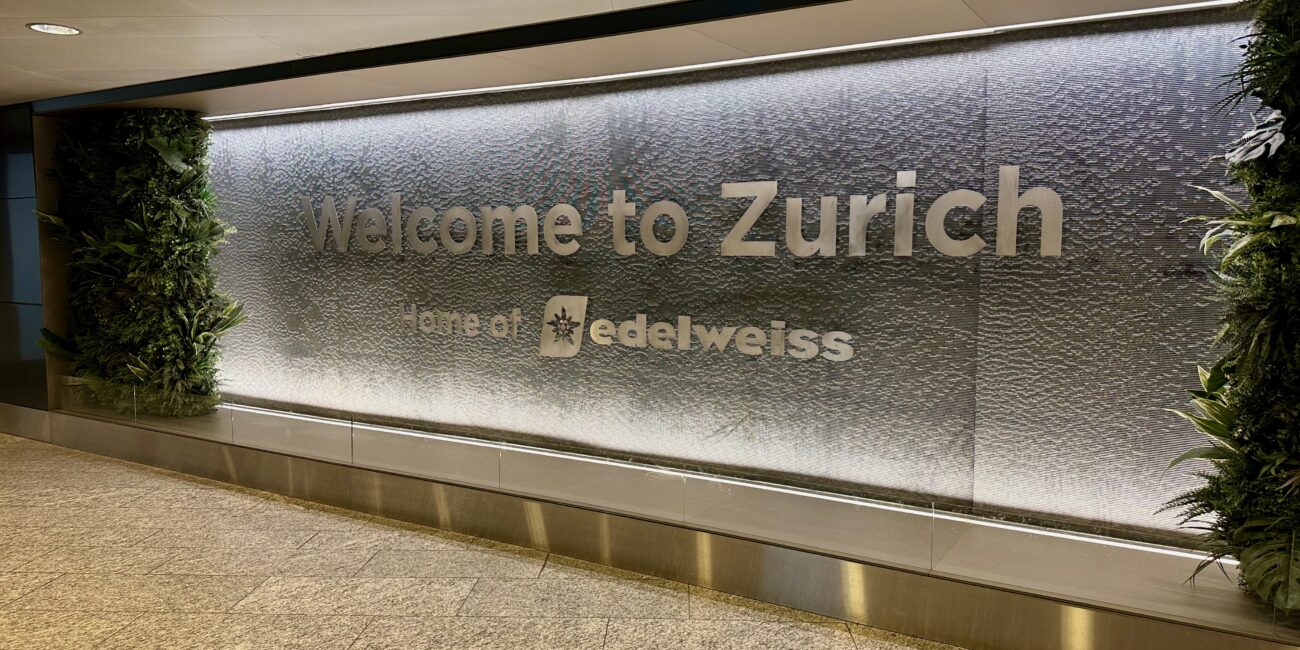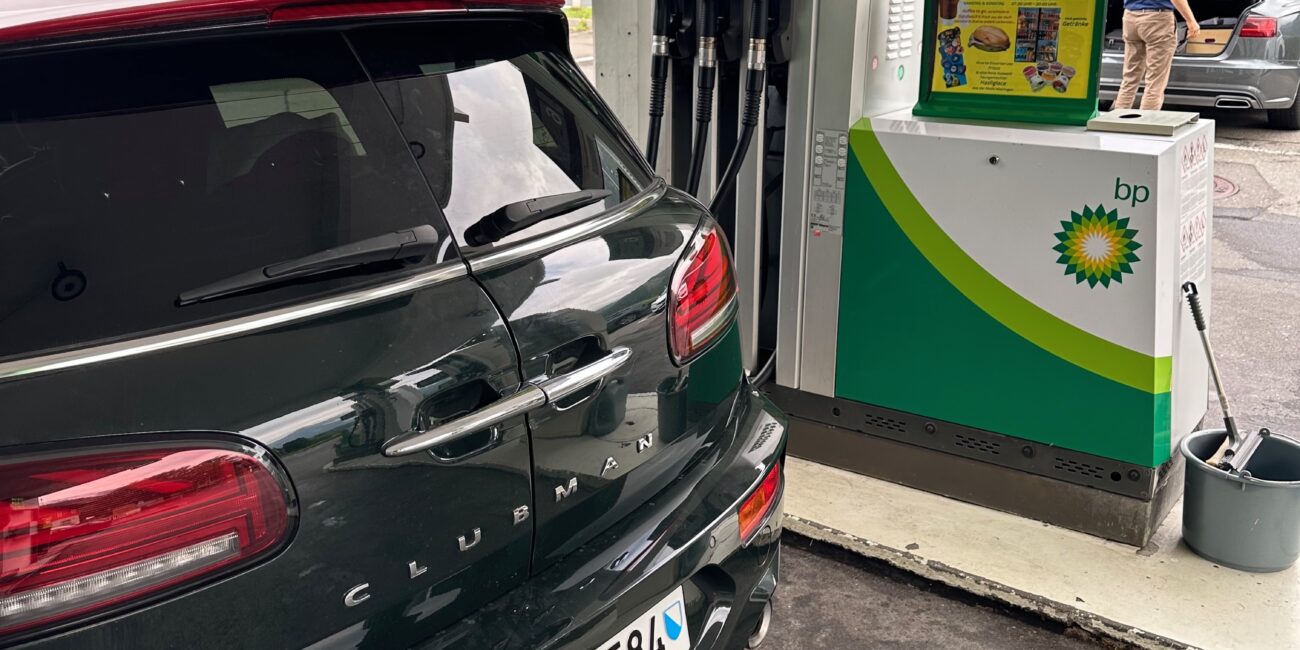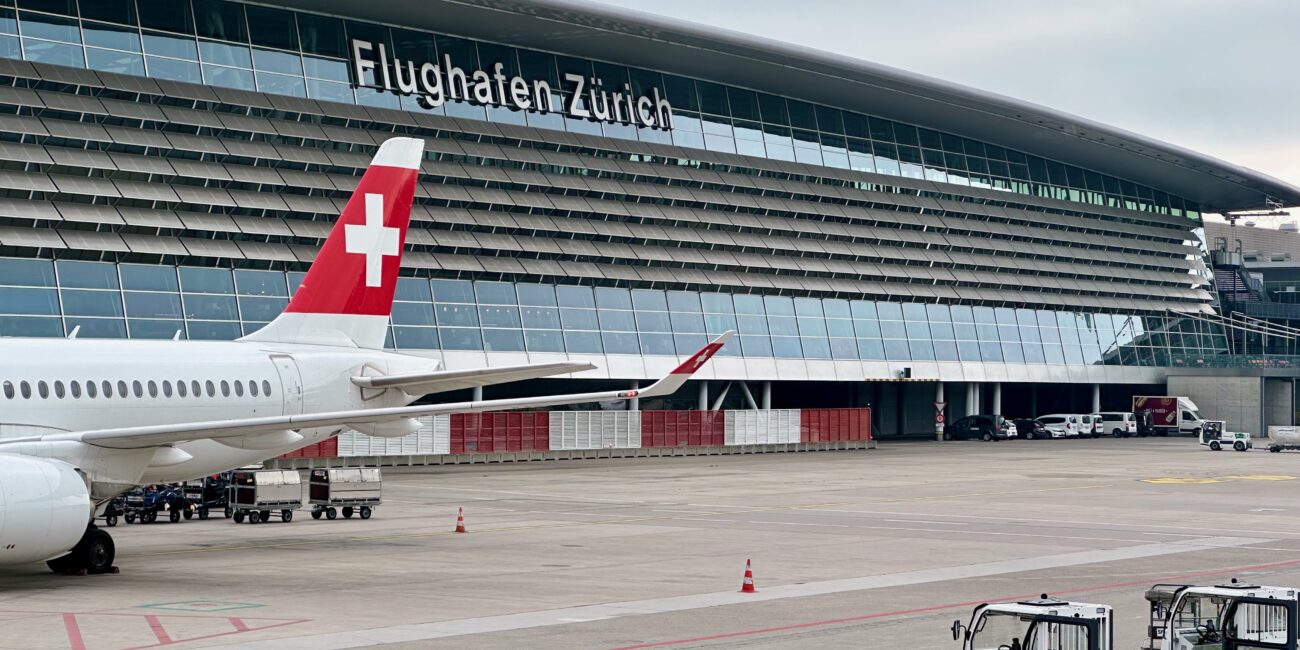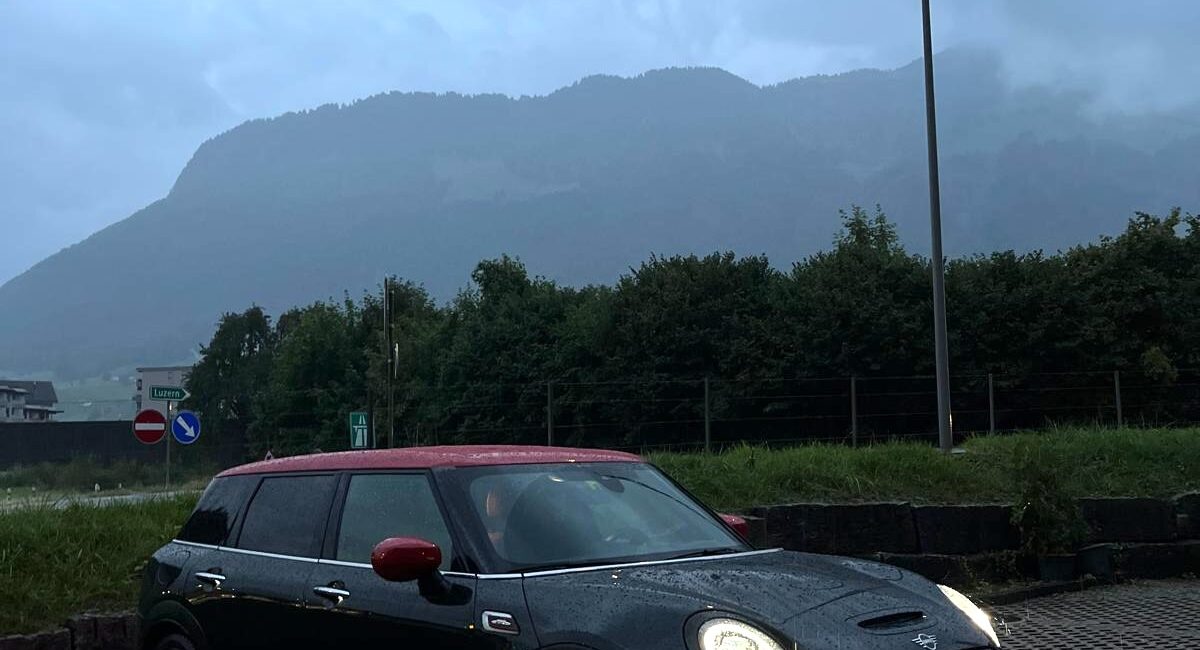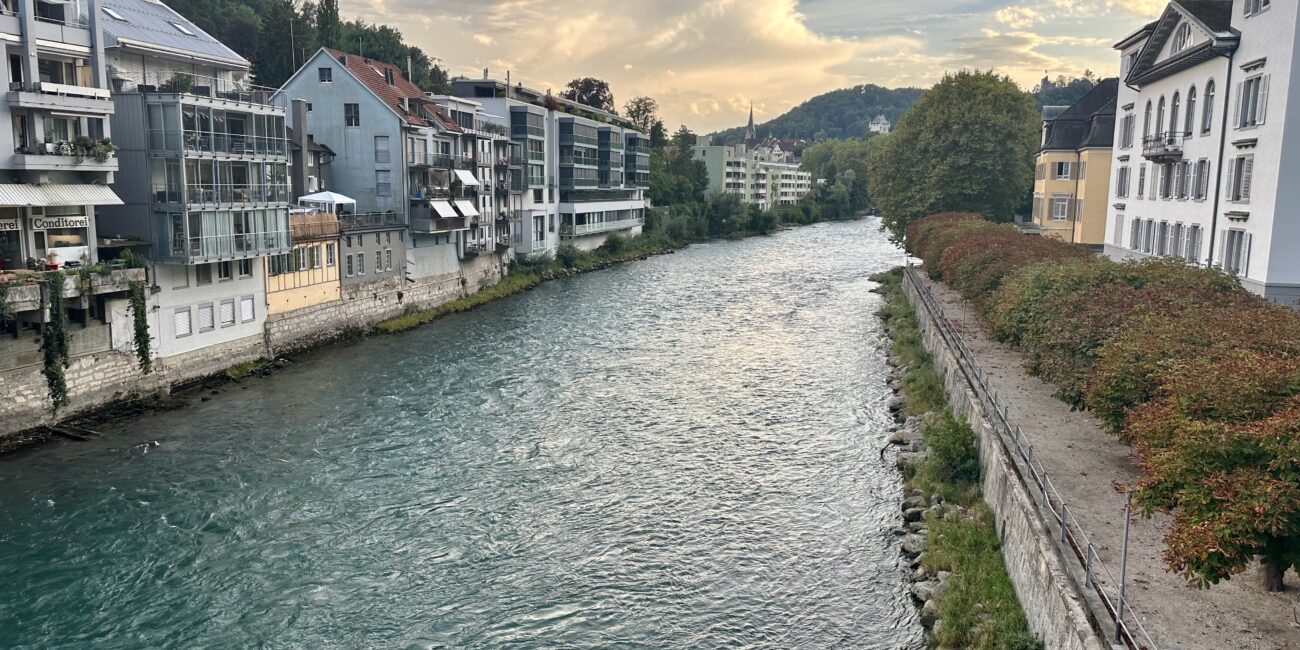This post is also available in:
Polski
Hello! 👋
I currently visit Switzerland mainly for business purposes, but during one of my trips, I had the chance to rent a car. I must admit, driving on Swiss roads is an experience in itself – from winding mountain roads and well-maintained highways to breathtaking views that can easily steal your attention from the wheel.
In this article, I’ll share practical tips on how to rent a car in Switzerland, what to look out for, and the driving conditions you can expect. If you’re planning a trip to this beautiful country and want to explore it on four wheels, this guide is for you! 🚗
What was it like traveling to Switzerland?
One of my trips to Switzerland, from September 2023, is detailed in a separate article, which I warmly invite you to read. There, you’ll find my experiences, interesting facts, and impressions from the visit. If you’d like to learn more, click here. 📖 😊
Requirements for traveling in the country
Traveling in Switzerland is relatively easy, but the requirements vary depending on the nationality of the traveler.
EU citizens:
- ID card: When renting a car in Switzerland, a passport or ID card is usually required as a form of identification.
- Driver’s License: Switzerland honors national licenses from the EU, which means you can drive without additional paperwork.
- Credit Card: Most Swiss rental companies require a credit card to secure a rental. Debit cards are accepted less frequently.
- The minimum age of the driver is usually 21. In the case of renting luxury models or sports vehicles, rental companies may require you to be at least 25 years old. It is always a good idea to check the exact requirements with the chosen company before booking.
Non-EU citizens:
- Driver’s License: If you have a driver’s license issued outside the EU, it is recommended to have an International Driving Permit (IDP). Some rental companies may accept national driver’s licenses, but it’s a good idea to have an IDP just to be safe.
- Visa: Non-EU citizens may need a Schengen visa for a stay of up to 90 days. Visa requirements vary by country of origin, so check with the Swiss embassy in your country before traveling.
- Identity document: A valid passport is essential. Your passport should be valid for at least three months after your scheduled departure from Switzerland and must not be older than 10 years.
- Credit card and minimum driver age: requirements are similar to those for EU citizens.
International Driving License
If you plan to rent a car in Switzerland, having an International Driving Permit (IDP) might be required for non-European Union citizens. For EU citizens, including those from Poland, a national driving license is sufficient, as Switzerland recognizes these documents without any additional formalities.
You can find application forms on the websites of national offices, and the process usually requires an in-person visit. If you feel a bit unsure, check out our dedicated article on the IDP. There, you’ll find a detailed description of the procedure—based on our experiences and official information.
👉 Important: Only get your IDP made at official places to make sure the document meets international requirements – whether you’re a citizen of Poland or another country. 😊
To legally drive in Switzerland, you are required to have an International Driving License that complies with the 1968 Vienna Convention.
👉 Check your country’s local regulations and make sure you have both a valid national driver’s license and IDP to legally rent a car and drive. For more information: internationaldrivingpermit.org
Where to rent a car in Switzerland?
Renting a car in Switzerland is a simple and convenient process, as long as you plan your trip well. In my experience, the easiest and fastest way to rent a car is at the airport—especially if you’re flying into major cities like Zurich, Geneva, or Basel. Why? Because it saves time and adds convenience. You land, pick up the keys, and can immediately hit the road, enjoying Switzerland’s stunning alpine landscapes.
If you’re planning a longer stay, such as a month, it’s worth comparing offers from different companies. Some local rental agencies may provide attractive deals, like lower deposits or unlimited mileage options. Remember to carefully read the contracts and pay attention to additional fees, such as insurance or fuel charges.
Let’s be honest—public transportation in Switzerland is excellent, but nothing offers the freedom of having your own car. You can plan your route exactly as you want, stop wherever you like, and enjoy the stunning views without any time constraints.
What costs are involved?
Rental costs depend on several factors, such as the type of vehicle, rental period and additional services. Average rental prices per day are:
- Compact cars: from about PLN 126 (c.a. $30).
- Mid-range cars: from about PLN 170 (c.a. $40).
- SUVs: from about PLN 220 (c.a. $55).
- Luxury cars: from about PLN 392 (c.a. USD 100).
Additional charges
- Insurance: Basic insurance is usually included in the rental price, but it’s worth considering additional policies, such as waiving the deductible (CDW), to minimize costs in the event of potential damage. It’s worth it, but you don’t have to – this is explained later in the text.
- Additional Driver: If you plan for more than one person to drive the car, the rental company might charge an extra fee for each additional driver.
- Young Driver: Drivers under the age of 25 may incur an additional fee.
- Fuel Policy: Many car rental companies require the vehicle to be returned with a full tank. Failing to do so may result in a surcharge for the missing fuel.
- Accessories: Renting GPS, child seats, or other equipment involves additional costs.
- Airport fees: airport rentals can come with additional administrative fees. For the most part, our bookings already included potential airport fees in the rental price, and renting a car in the city can be more expensive than at the airport.
Fuel
In Switzerland, fuel is available in several standard types, and while prices are higher than in many other European countries, they remain relatively stable. As of December 2024, fuel prices were approximately:
- 95-octane gasoline: about CHF 1.80-2.00 per liter. This is the most popular type of fuel, suitable for most standard cars.
- 98-octane gasoline: about CHF 2.00-2.20 per liter. High-quality fuel, often used in modern and luxury cars. If you are renting a premium vehicle, it is worth checking whether it requires this type of gasoline.
- Diesel: about CHF 1.90-2.10 per liter. Used mainly in commercial vehicles and larger cars such as SUVs and vans.
Road tolls in Switzerland
In Switzerland, using motorways and expressways requires a vignette—a mandatory toll sticker for all vehicles, including rental cars.
If you’re renting a car in Switzerland, you can breathe easy—most rental companies provide vehicles already equipped with a valid vignette, so you won’t need to purchase one yourself. However, before hitting the road, it’s a good idea to confirm with the rental agency that the vignette is up-to-date and properly assigned to the vehicle.
If you come to Switzerland in your own car, you will need to buy a vignette. The cost of an annual vignette is CHF 40, and you can purchase one:
- At border crossings.
- At gas stations in Switzerland and neighboring countries.
- In post offices and stores in Switzerland.
- Online, choosing a modern e-vignette, assigned to the vehicle registration number.
Even with a vignette in your pocket (or on your windshield), some routes may require additional fees, including:
- Tunnels, such as the Munt la Schera tunnel.
- Selected mountain roads, especially in alpine regions.
If you are caught on the highway without a valid vignette, you face a fine of CHF 200 and an obligation to purchase a vignette immediately.
Insurance
In most cases, basic insurance (CDW – Collision Damage Waiver) is already included in the price of a car rental in Switzerland. It protects against the cost of repairs in the event of a collision, although there is often a deductible, an amount that the driver covers.
You can extend your coverage by purchasing additional insurance when booking online or at the rental office. However, keep in mind that companies sometimes try to “push” extra policies, which may not always be necessary.
If you have travel insurance, a credit card with coverage, or a travel policy that includes car rentals, additional insurance may be unnecessary. It’s worth checking the details of your coverage to avoid unnecessary expenses.
Travel insurance
When planning a trip, especially outside the European Union, it is a good idea to make sure you have adequate travel insurance.
Make sure to carefully read the General Terms and Conditions of the Insurance (GTC) – this is where you’ll find detailed information about the coverage, including the risks and territories covered by the policy. Travel insurance is not just about health protection; it also provides assistance in cases of car rental issues or potential legal problems abroad.
When traveling, it’s always a good idea to have a full policy tailored to your plans and the specifics of the country you’re going to. It’s a guarantee that even in unforeseen situations you’ll be able to count on support. 😊
Road rules and regulations in Switzerland
In Switzerland, traffic laws are strictly enforced, and penalties for violations are among the highest in Europe. Even minor infractions are taken seriously, while more severe offenses—such as significant speeding—can easily be classified as criminal acts.
- Speed and Fines: Speed limits in Switzerland are 50 km/h in urban areas, 80 km/h on rural roads, and 120 km/h on motorways. Even exceeding the limit by a few kilometers per hour can result in a fine ranging from several dozen to several hundred Swiss francs. For more serious offenses, you might face a license suspension or steep financial penalties amounting to thousands of francs. In extreme cases, such as exceeding the speed limit by more than 40 km/h in a 30 km/h zone, the punishment could include legal proceedings and a court trial.
- Alcohol and Phone Use: The legal alcohol limit in Switzerland is 0.5‰. Exceeding this limit not only results in a hefty fine but also poses the risk of losing your driving license. Using a mobile phone while driving is only permitted with a hands-free device.
- Seat Belts Mandatory: Both the driver and passengers are required to wear seat belts at all times—failure to do so will result in a fine.
- Local Driving Customs: Swiss drivers are highly disciplined. You’ll rarely hear a car horn, and aggressive driving is frowned upon. In the mountains, vehicles driving uphill have the right of way, and if the road is too narrow, the downhill driver is expected to reverse to make room.
- Driving Etiquette: At pedestrian crossings, drivers almost always stop to give way to pedestrians. This behavior is the norm in Switzerland, so it’s important to keep this in mind and avoid surprising other road users with unpredictable actions.
Traffic offenses versus crime
In Switzerland, speeding can result not only in fines but also, in more severe cases, in criminal proceedings. Minor speeding violations are punished with fixed fines, while significant infractions can lead to harsher penalties, including license suspension or even imprisonment.
For example, exceeding the speed limit in an urban area by 16–20 km/h may result in the offense being reported to the police and a formal warning issued. Exceeding the limit by 21–24 km/h can lead to a license suspension for at least one month. In extreme cases, such as exceeding the speed limit by 40 km/h in a residential area, the penalty can include a minimum of one year in prison.
It’s worth noting that even if the police don’t stop you immediately, you may receive a summons by mail. In such cases, the matter can be referred to the prosecutor and then to the court, resulting in higher penalties.
Driving ban
For more serious traffic violations, authorities may revoke your right to drive in Switzerland for a specified period. This restriction applies only within Switzerland, and your driving license remains valid in other countries, allowing you to use it as usual upon returning to your home country.
Swiss authorities issue such sanctions as administrative penalties. However, severe violations classified as criminal offenses may lead to court proceedings. In these cases, details of the offense could be shared with authorities in your home country, although this is rare and depends on agreements between the countries involved.
How to avoid extra fees and hidden costs?
To avoid unpleasant surprises when renting a car, it is worth paying attention to several key aspects:
- Online booking: make your reservation in advance online. This allows you to compare prices and get a thorough understanding of the rental terms, avoiding higher fees on the spot.
- Fuel policy: Always choose the “full to full” option. Returning with an incomplete tank incurs additional refueling fees, often much higher than the standard price at the station.
- Insurance deductibles: check the amount of the deductible that applies to basic insurance and whether additional insurance is really necessary. Beware of pressure from the rental company to purchase extended insurance if you have alternative coverage from other sources (such as a credit card).
- Return Conditions: Make sure you understand the rules for returning the vehicle, including the times and place of return. Minor delays may incur charges for an additional day of rental.
- Liability for damages: Make sure what damages are covered by insurance and what costs you may incur in the event of an accident. Some rental companies may try to shift liability to you for minor damages that are not your fault.
- Cancellation and change of reservation: Check the terms and conditions for cancellations and changes to reservations. In some cases, changes made close to the rental date may incur additional charges.
- Chargeback: If you encounter wrongful charges, it is worth remembering to use the chargeback procedure on your payment card. You can report the unauthorized transaction to the bank, which will process the chargeback.
Document the receipt and return of the car
To avoid unforeseen charges:
- Inspect the vehicle: Before taking delivery, inspect the car carefully, writing down any existing damage in a report.
- Take pictures: Document the exterior and interior condition of the car upon receipt and return, including fuel levels.
- Confirmation of return: Ask the rental company employee to confirm in writing that the car has been returned without new damage.
- Keep documents: Keep contracts, confirmations and photos as evidence if disputes arise.
Refueling the car
In Switzerland, refueling is typically a self-service process. Gas stations mainly offer two types of gasoline: 95-octane (Regular) and 98-octane (Premium). Most standard vehicles use 95-octane gasoline. LPG fuel is available, but the network of stations offering it is limited, with approximately 47 locations across the country.
Payments at gas stations in Switzerland can be made with both cash and payment cards. In larger cities and along major highways, credit and debit cards are widely accepted without any issues. However, in smaller towns, it’s advisable to carry cash, as not all stations may accept cards. Some stations also have ATMs nearby, which can be helpful if card payments are not possible.

